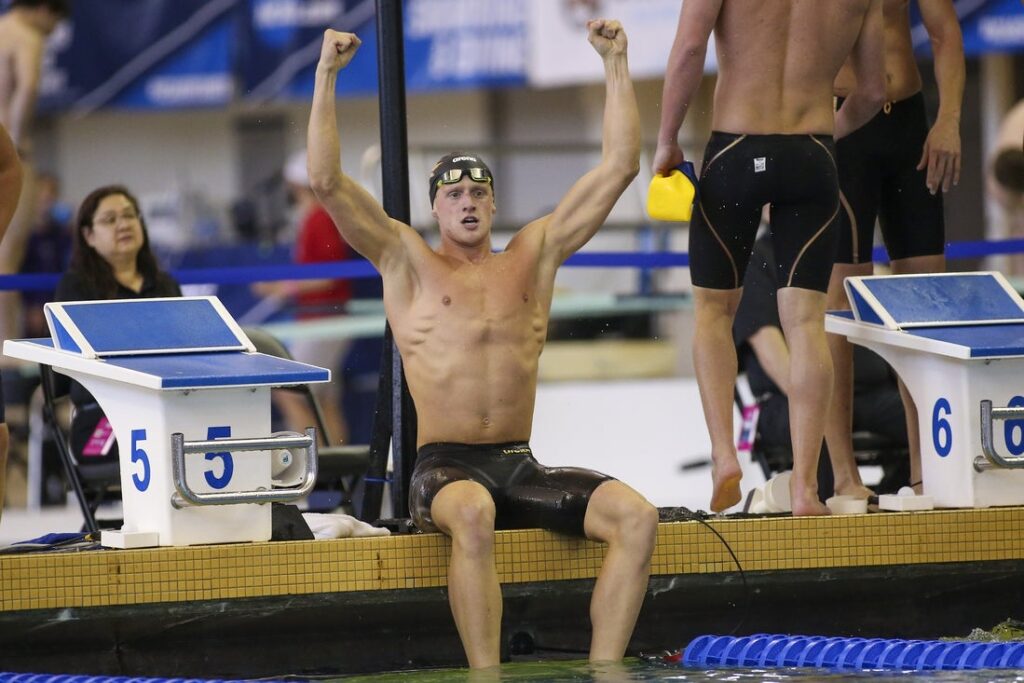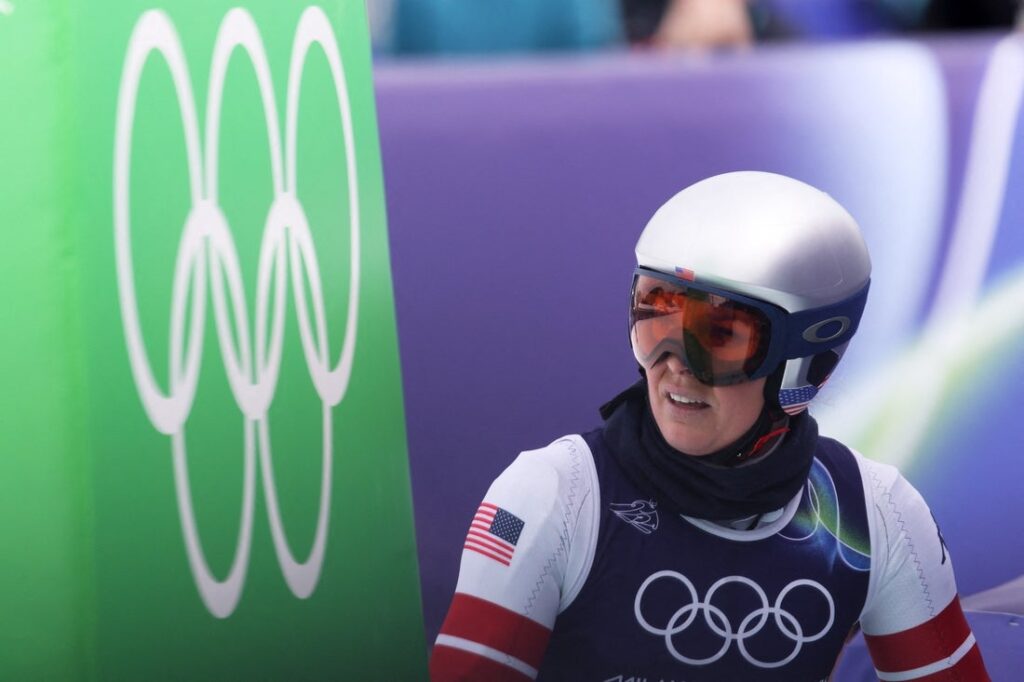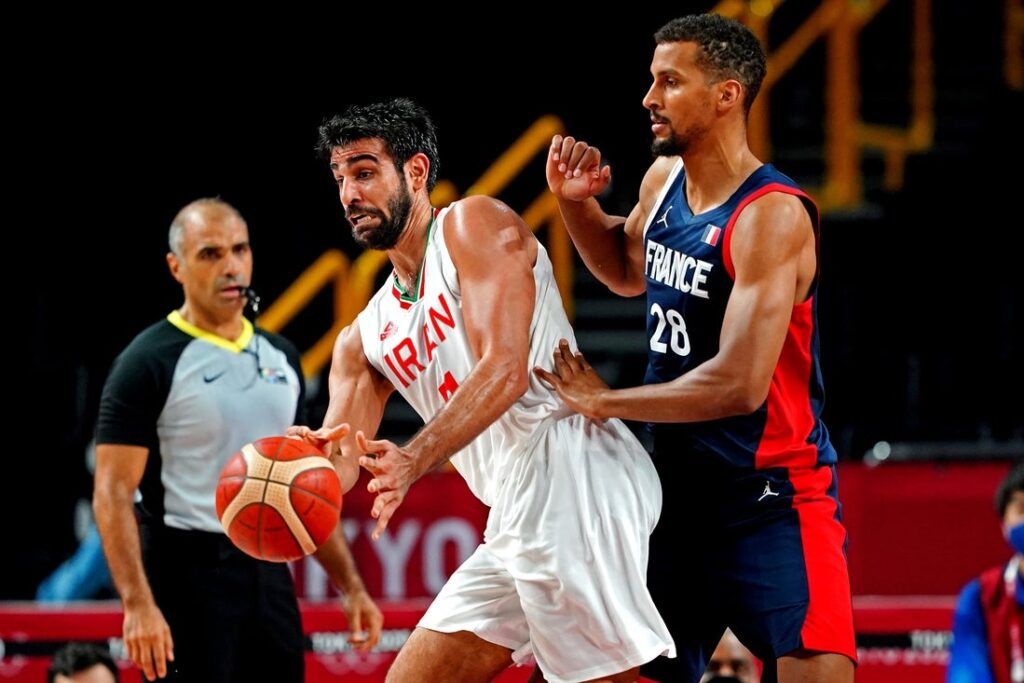The groundbreaking House v. NCAA settlement that has been stuck in neutral could soon be approved by U.S. District Judge Claudia Wilken.
The $2.8 billion settlement that transforms the college sports landscape in several ways — including legislation that allows schools to share up to $20.5 million annually with its student-athletes — has been stalled for weeks because of Wilken’s disdain for legislation that harms current and incoming student-athletes affected by planned roster limits for every NCAA sport.
According to reports Wednesday night, new court filings indicate both sides agreed on new language that enables Division I athletes cut due to new roster caps to be grandfathered in until they complete their eligibility. That’s the flexibility Wilken sought when she paused implementation of the settlement.
For example, college football teams are operating as though there will be a hard cap of 105 players this season and men’s college basketball is moving to a 15-player max. But coaches of non-revenue sports also have been forced to juggle rosters to accommodate imposed roster limits. Some athletes already competing for a school — and some incoming recruits who had pledged to attend a specific school — have been told to find new schools if they want to continue pursuing their sport.
According to reports, the new provisions address the judge’s concerns. One of the new court filings includes this passage: “Plaintiffs believe that these changes to the settlement Agreement exceed the protections that the Court requested, including by ensuring that any athlete who would have lost a roster spot (or a promised roster spot) for the 2025-2026 academic year will not be subject to roster limits for the durations of his or her Division I athletic eligibility at any school.”
Getting House v. NCAA to this point has been a five-year process. Then-Arizona State swimmer Grant House, then-Oregon women’s basketball player Sedona Prince and others filed an antitrust suit against the NCAA in 2020 to address name, image and likeness issues.
Last May, well after the lawsuit was upgraded to class-action status, the NCAA agreed to settle the lawsuit for $2.75 billion. However, the settlement has been subject to approval by Wilken, who represents the U.S. District Court for the Northern District of California in Oakland.
She did so in October on a preliminary basis but ruled in writing two weeks ago that “because the settlement is not fair and reasonable to the significant number of class members whose roster spots will be or have been taken away because of the immediate implementation of the settlement agreement, the Court cannot approve the settlement in its current form.”
–Field Level Media






























